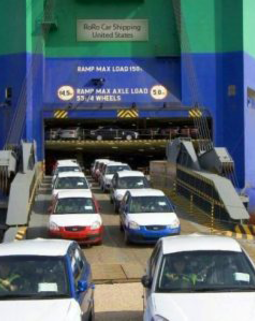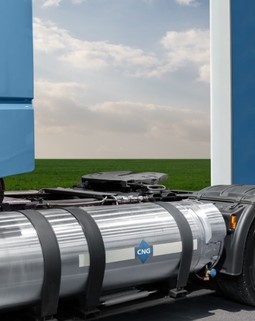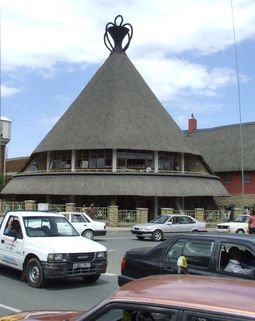In a significant legal victory, the Bloemfontein High Court has ruled against the South African Revenue Service (SARS), putting an end to the routine impounding of foreign-registered vehicles, particularly those from Lesotho, Botswana, Zimbabwe, and eSwatini.
This ruling marks a crucial development for Basotho citizens, allowing them to drive freely on South African roads without the threat of vehicle impoundment.
Background
The impounding practice by South African authorities stemmed from concerns that many South Africans were purchasing cars from neighboring countries, particularly Lesotho, and retaining the foreign registrations to evade Value-Added Tax (VAT) payments to SARS.
The targeted vehicles were predominantly affordable, imported second-hand cars, often originating from Japan.
Roadworthiness and Accidents
South African traffic authorities, citing public safety concerns, claimed that a significant number of these foreign-registered vehicles were not roadworthy, contributing to a rise in road accidents. The authorities observed a pattern where individuals imported second-hand vehicles without the required permits, posing risks to road safety.
Importation Regulations
South Africa strictly regulates the importation of used vehicles to protect the local motor vehicle manufacturing industry. Permits for importing second-hand vehicles are only granted under specific circumstances, primarily for returning South African nationals and immigrants with permanent residence status.
This regulatory framework aims to control the influx of foreign vehicles and uphold safety and environmental standards.
Legal Battle
The legal battle that led to this landmark ruling began with the arrest of Joaquim Alves, a South African citizen with business interests on both sides of the Lesotho border. His Lesotho-registered vehicle, driven by a friend, was seized by customs officials in Ficksburg.
Despite Alves arguing that the seizure was based on a misinterpretation of the law, he was arrested on charges of theft when he "unlawfully" retrieved his vehicle from the municipal compound.
Court Proceedings and Victory
Alves took his case to the Bloemfontein High Court, where he successfully argued for the return of his vehicle. The court ordered SARS to pay the legal costs, signaling a clear victory for individuals with vehicles registered in any Southern African Customs Union (SACU) country.
This ruling sets a precedent, ensuring that SACU country citizens can now drive their vehicles in South Africa without fear of hindrance.
Future Implications and Possible Appeals
While SARS has not yet indicated whether it plans to appeal the ruling, Alves and his legal representation are prepared to defend the decision in higher courts, including the Supreme Court of Appeal and the Constitutional Court if necessary. This case has broader implications for the interpretation of cross-border vehicle regulations and taxation within the SACU region.
Conclusion:
In conclusion, the Bloemfontein High Court's judgment not only secures the right of Basotho citizens to drive freely in South Africa but also prompts a reevaluation of the regulatory landscape surrounding the importation and registration of foreign vehicles in the region.





